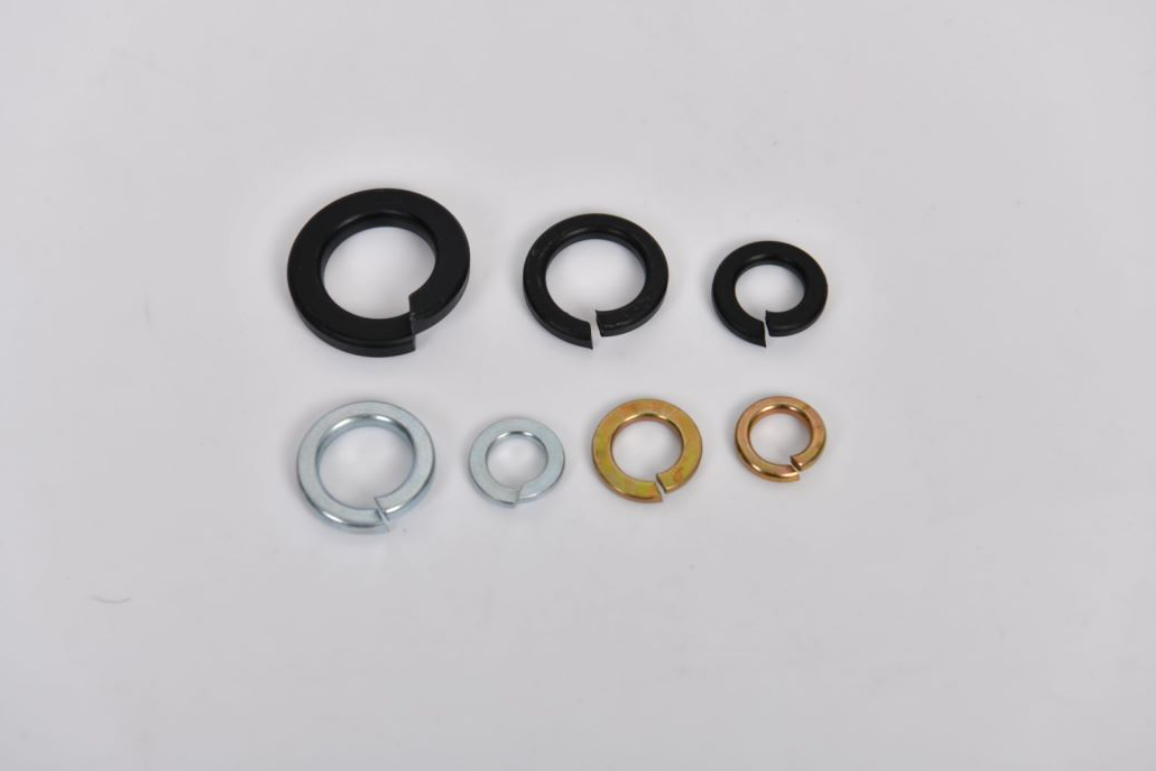normal drywall screw length quotes
Understanding Normal Drywall Screw Length A Comprehensive Guide
When it comes to hanging drywall, the choice of screws is as crucial as the material itself. Among the myriad of options available in the market, normal drywall screws stand out due to their effectiveness, ease of use, and versatility. One of the critical aspects to consider when selecting drywall screws is their length. In this article, we will explore the various lengths of normal drywall screws, their applications, and why the right size matters for your projects.
What Are Normal Drywall Screws?
Normal drywall screws are specialized fasteners designed for attaching drywall panels to wooden or metal studs. Typically, these screws are made of hardened steel with a black phosphate finish for corrosion resistance. Their unique thread design allows them to hold drywall securely without damaging the material. The screws come in various lengths and gauges, allowing them to be used in a range of applications, depending on the thickness of the drywall and the type of framing.
Common Lengths of Drywall Screws
Drywall screws are available in several lengths, but the most commonly used sizes are 1 1/4 inches, 1 5/8 inches, 2 inches, and 2 1/2 inches.
1. 1 1/4-inch Screws These screws are often used for attaching 1/2-inch drywall to wooden studs. They penetrate the stud sufficiently to create a solid hold while minimizing the risk of breaking through the other side.
2. 1 5/8-inch Screws Slightly longer than the previous option, these screws are ideal for use with 5/8-inch drywall. They provide a firm grip while ensuring there’s enough length to reach the stud effectively.
3. 2-inch Screws This length is one of the most versatile, suitable for 1/2-inch and 5/8-inch drywall attached to wooden studs or metal framing. They provide excellent holding power and are a common choice for many drywall applications.
4. 2 1/2-inch Screws Generally used with thicker products, such as double-layer drywall installations or in situations where extra holding power is needed, these screws are ideal for heavy-duty projects.
Choosing the Right Length
normal drywall screw length quotes

Selecting the appropriate screw length depends on several factors
- Drywall Thickness The thickness of the drywall you are using is the primary consideration in choosing screw length. For standard 1/2-inch drywall, 1 1/4-inch or 1 5/8-inch screws are typically used. For 5/8-inch board, 1 5/8-inch or 2-inch screws are preferable.
- Stud Material The type of framing can also influence your choice. Wooden studs allow for slightly shorter screws compared to metal studs, where a longer screw may be necessary to ensure a secure hold.
- Hanging Method If you plan on using the drywall for structural applications or as part of a multi-layer installation (e.g., soundproofing or fire resistance), longer screws might be necessary.
Importance of Proper Screw Length
Using the correct screw length is vital for several reasons
1. Structural Integrity Adequate screw length ensures that the drywall is securely fastened to the studs, enhancing the overall stability of the wall.
2. Avoiding Damage Using screws that are too long can pierce through the drywall’s surface, causing unsightly dimples and requiring additional repair work. Conversely, if screws are too short, they may not hold the drywall in place, leading to sagging or detachment.
3. Work Efficiency The right screw length expedites the installation process. Overly long screws may take longer to drive in, while screws that are too short can lead to complications that slow down your project.
Conclusion
In conclusion, understanding the various lengths of normal drywall screws and their applications is essential for anyone undertaking a drywall installation project. From ensuring structural integrity to avoiding unnecessary damage, the right screws can make a significant difference in the quality and efficiency of your work. By considering your drywall thickness and the type of framing, you can choose the perfect screw length for your needs, paving the way for a successful installation. Whether you’re a DIY enthusiast or a professional contractor, getting this detail right is fundamental to achieving a top-notch finish in your drywall projects.
-
Top Choices for Plasterboard FixingNewsDec.26,2024
-
The Versatility of Specialty WashersNewsDec.26,2024
-
Secure Your ProjectsNewsDec.26,2024
-
Essential Screws for Chipboard Flooring ProjectsNewsDec.26,2024
-
Choosing the Right Drywall ScrewsNewsDec.26,2024
-
Black Phosphate Screws for Superior PerformanceNewsDec.26,2024
-
The Versatile Choice of Nylon Flat Washers for Your NeedsNewsDec.18,2024










